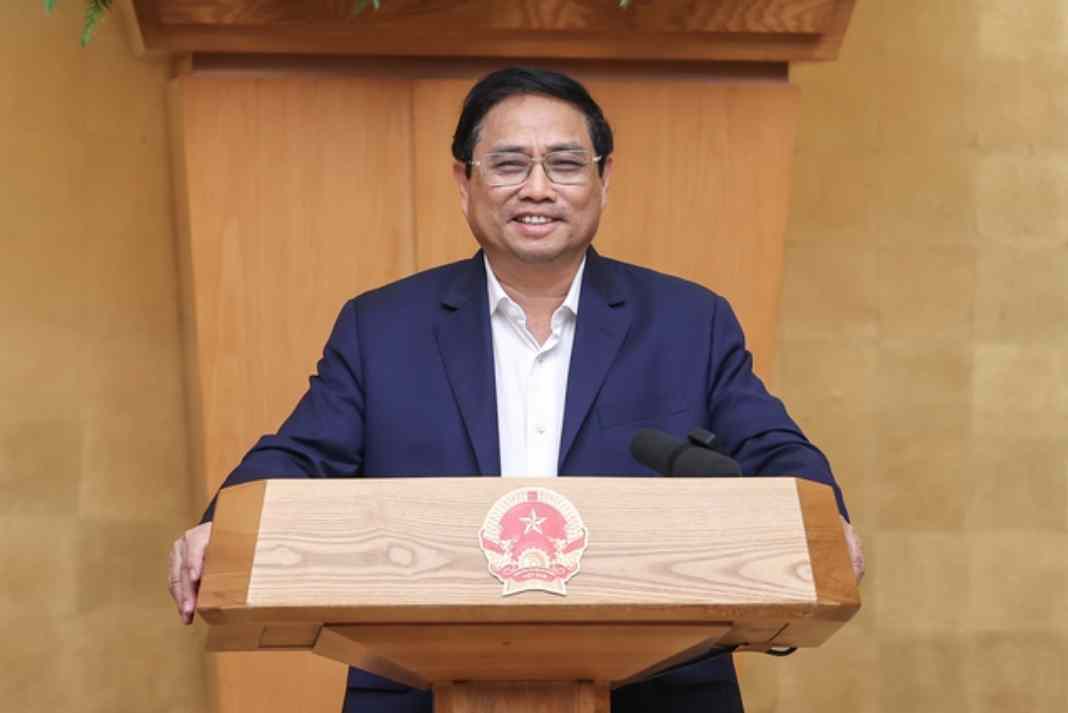HCMC – Prime Minister Pham Minh Chinh has asked the State Bank of Vietnam (SBV), the nation’s central bank, to slash interest rates, make loans more accessible and focus on lending to key economic sectors.
This was done at the regular Government meeting held yesterday when PM Chinh emphasized the macroeconomy’s instability, high inflationary pressure, low credit growth, increasing bad debt risks and other global economic uncertainties.
SBV was also assigned to regulate monetary policies, research and manage effective interest rates, control inflation, as well as handle bad debts to protect the banking system’s liquidity and remove difficulties plaguing the housing market.
Meanwhile, the Ministry of Finance was asked to strengthen revenue and expenditure management, ensure sufficient tax collection, and urgently issue policies to exempt and reduce taxes, fees and land rents.
At the meeting, Deputy Prime Minister Le Minh Khai was asked to direct the Ministry of Finance to urgently improve the draft amendment to Decree 65 on corporate bonds to resolve the difficulties of businesses.
Additionally, the Ministry of Planning and Investment was urged to complete the detailed allocation plan for the 2023 budget investment capital and the recovery and development program, as well as coordinate with SBV to disburse the budget for the 2% interest rate discount package.
PM Chinh also requested further efforts from the Construction Ministry to pull the housing market out of its tough position as well as promote social housing projects.
The Ministry of Industry and Trade was asked to review the development and restructuring of the industry, focusing on industries with potential, high added value and sustainability, strengthen trade promotion and accelerate the signing of trade agreements.
The first two months of 2023 saw Vietnam’s industrial production index decrease by 6.3% when the demand in major traditional export markets plunged, leading to sharp drops in new orders.
The foreign direct investment between January and February reached only US$2.55 billion, down 4.9% compared to the same period last year. Additionally, nearly 51,400 businesses have pulled out of the market in the two months, up 14.5% year-on-year.
Meanwhile, some policies in three national target programs and the economic and social recovery and development program have been carried out slower than expected.









